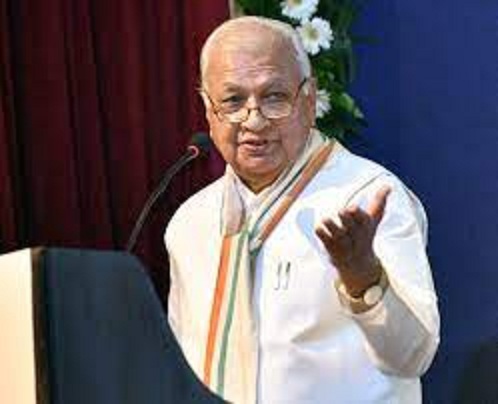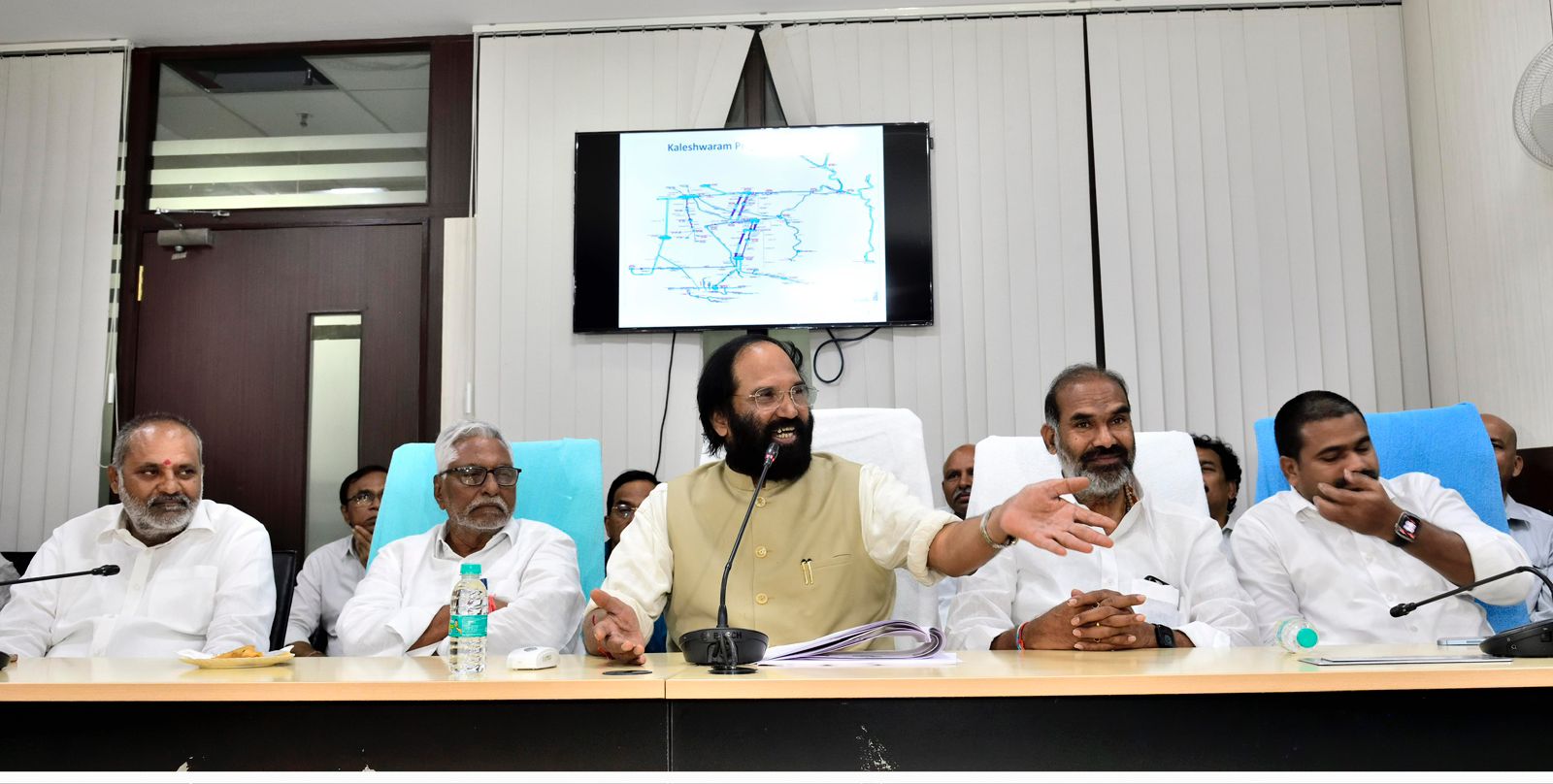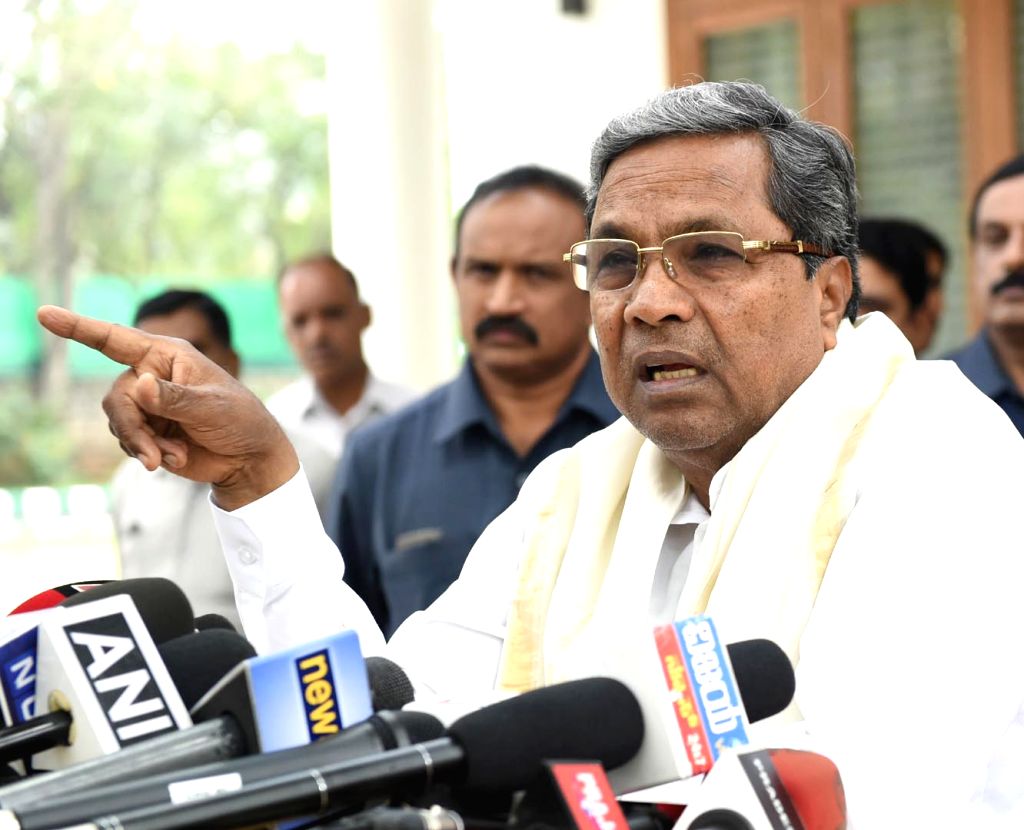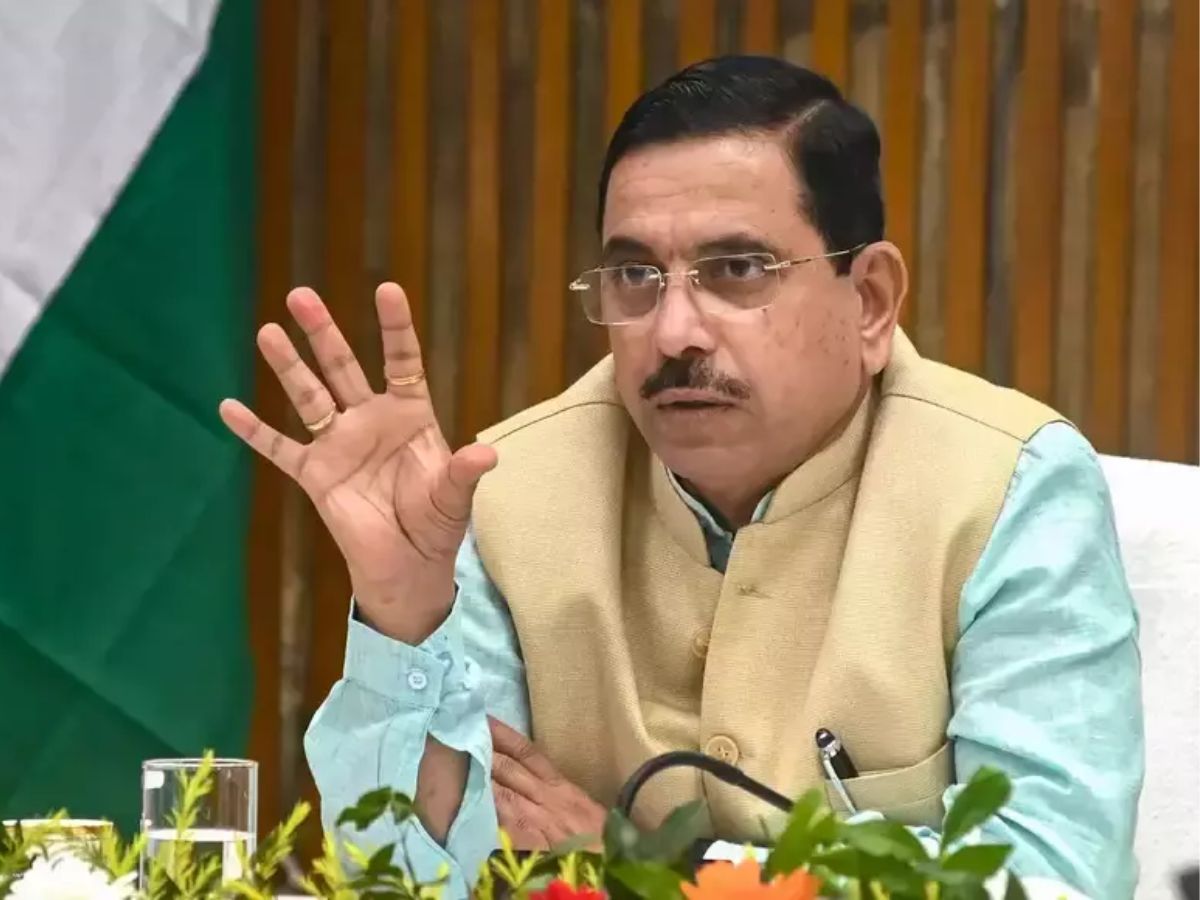Kerala governor levels serious conflict of interest charge against ex-SC judge

Chennai: Kerala Governor Arif Mohamed Khan on Wednesday levelled a serious ‘ conflict of interest’ allegation against ex- Supreme Court judge Rohinton Nariman since his father and senior advocate Fali Sam Nariman and his juniors received Rs 40 lakhs from Kerala government for advice.
He was responding to a query on Rohinton Nariman expresing concern about the tendency of the Governors to sit on bills. On December 2023, Nariman had said that one of the disturbing facts during the year 2003 was “a Governor of a traditionally minority government State, Kerala, sitting over bills for periods of up to 23 months. When the Supreme Court rapped him on his knuckles, what did he do? There were 8 such bills. One bill was assented to, 7 were referred to the President…”
Arif Mohamed Khan claimed that Rohinton Nariman’s father and his juniors were paid around Rs 40 lakh by the Kerala government, which indicates a conflict of interest. The governor alleged that the amount was paid despite Fali Nariman not appearing in the case and showed the gazette notification of the Kerala government sanctioning the amount.
“The father is receiving money and the son is giving opinions blasting the governor. This is not following the principle of natural justice,” he said, speaking on the first day of the 13th edition of The New Indian Express ThinkEdu conclave on Wednesday. He was speaking on the topic ‘Chancellors and State Universities: Defining the Role’ chaired by Prabhu Chawla, Editorial Director of The New Indian Express.
When asked if appointing Governors, who are political appointees, as the chancellor of universities, would politicise the educational institutions, Khan said that the appointment of chancellors by the President, and not by the executive, is the only way to ensure the autonomy of universities. “Politically, India has been fragmented and there is no dearth of politicians who are swayed by this to get public support. They start pursuing things that are not very conducive to his stance in national unity. It was a very wise decision taken at that time to not vest the power to appoint chancellor with the executive,” he said.
He added that the bills that are pending with the governor should be money bills. “The purpose of the bills is to remove the governor as chancellor and give the authority to the government to appoint the Chancellors. Through this, the state will incur some expenditure and it should be called a money bill. The prior approval of the governor is needed for a money bill. To avoid this, they passed on the responsibility to meet the expenses to the universities. In my opinion, those bills are money bills,” he said.
Talking about the legacy and culture of India and education, he said the first chapter in the books of Arab historians from the 10th and 11th centuries is always devoted to India. “They say that there are five dominant cultures or civilizations in divide. The Iranian civilization is known for its majesty, the Chinese for their craftsmanship and obedience to the law and rulers, the Romans for their beauty and chivalry, and Turks for their bravery. India is the only civilization which is known for promoting knowledge and wisdom. We are ever devoted to the pursuit of knowledge and sharing of knowledge with others,” he said. He also quoted Rabindranath Tagore that India cannot achieve full independence unless it is recognised that her foundation is in mind. He added that we continued we continue to be engaged in the acquisition of knowledge, but we stopped sharing knowledge with others.
Stating that our tradition has a universal vision, he said that any culture that is defined either by race or by religion creates others. “Our culture doesn’t even leave out any mammals, birds, or plants. Because once you create others, others are to be feared. There is an instinct to fear, dominate, and exploit the other,” he said. He also emphasized the importance of exposing ourselves to all kinds of thoughts, because, without comparative study, it is difficult to crystallize the thought process.




